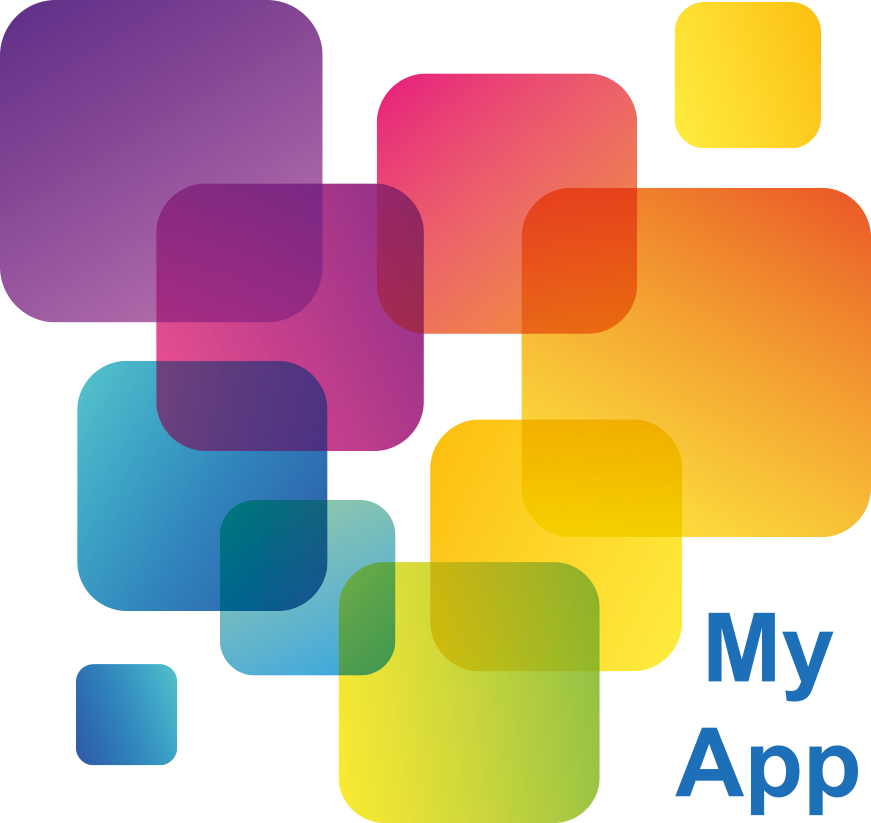Living with stress can be very difficult, but there are steps you can take that might help. These self-help guides, websites and apps may be helpful as you work towards managing stress. Like any new skill, it may take a bit of time and practice before you notice any changes in the way you feel.
Self-help Guides
NHS Inform Breathing and Relaxation
NHS Scotland Steps to Deal with Stress Self-Help Booklet
Wellbeing Glasgow Are you Feeling Stressed? Self-help Booklet
The Mental Health Foundation How to Manage and Reduce Stress Self-Help Booklet
Websites
Wellbeing Glasgow offer information to support you to manage how you feel, change the way that you think about some things and improve your problem-solving skills and confidence.
The Mental Health Foundation provides a large number of podcasts and videos to help you live a mentally happier life - from Relaxation for Better Sleep, to Mindfulness and How to Overcome Fear and Anxiety.
NHS Every Mind Matters offers a free Wellbeing Plan. Just answer 5 questions to get your free plan with tips to help you deal with stress and anxiety, improve your sleep, boost your mood and feel more in control.
Citizens Advice Scotland offer advice about benefits, debt problems, legal issues and local services. The Citizens Advice Bureau website has a directory listing its local offices.
Get Active is a great place to start if you are looking to become more active or increase your physical activity. They have a list of options to help you identify classes and activities offered throughout Greater Glasgow and Clyde.
Mind 2 Mind shares other peoples stories with managing stress.
Free Courses
NHS GG&C Mindfulness app contains links to free online courses (Online Courses nhsggc.org.uk) and notification of upcoming free summits Upcoming Events (nhsggc.org.uk). They also provide a range of other resources Resources (nhsggc.org.uk) and practices Guided Practices (nhsggc.org.uk).
Lifelink offer a variety of free online courses such as ‘Re-Assess your Stress’, ‘Art of Relaxation’ and ‘Coping with Change’. Each 2-hour class is delivered experienced facilitators. Participants with a Glasgow postcode can attend as many classes as they like. You can register directly for these classes without the need for any pre-assessment.
Living Life to the Full offer a course to help you learn new skills and tackle problems in your life that may be causing you to feel low worried or hopeless.
SilverCloud is a website with courses you can do to improve your mental wellbeing. You can learn new ways to deal with the challenges you’re facing. It’s designed by clinical experts, and supported by the NHS and Scottish Government.
SilverCloud is:
- secure
- supportive
- free from stigma
- flexible so you can do a course at your own pace
SilverCloud is free, use the code Scotland2020 and an email address to sign up.
Get Support Now 
Some people find that talking with friends and family about their feelings can be a real source of support for coping with distress or suicidal thoughts. It might be helpful for them to map their support network and think about people they could call if their feeling suicidal. Other people may prefer to seek more professional support or call a helpline such as Breathing Space, Samaritans or Shout.
- Breathing Space: Call 0800 83 85 87
- Samaritans: Call 116 123
- SHOUT Crisis Text service also available 24/7 Text SHOUT to 85258
For some people they may be finding it difficult to cope and may think of ending their life, if you are concerned about your mental health and wellbeing, you can contact your G.P. within opening hours. If you feel you are in immediate danger, please call 999 for assistance.



 contact free helplines such as:
contact free helplines such as: 